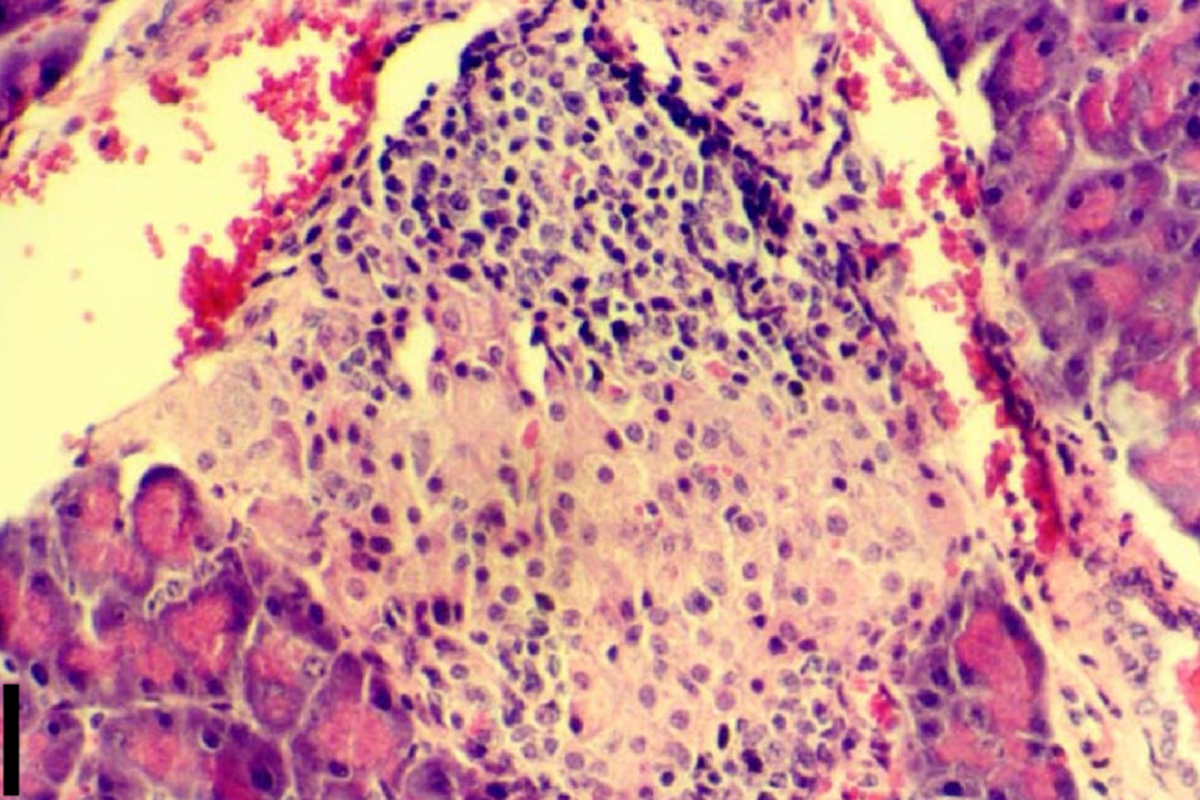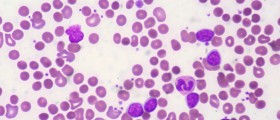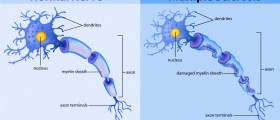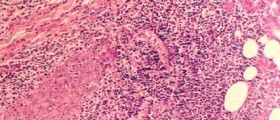
There are the many autoimmune diseases, each followed by large number of symptoms. In this article, most of autoimmune diseases will be listed along with their signs and symptoms.
What is an Autoimmune Disease?An autoimmune disease occurs when the body’s immune system starts reacting against some of its own tissue. Normally, the role of the immune system is to protect the body against foreign invaders such as microorganisms and other harmful substances. The body destroys these antigens by producing antibodies. However, when antibodies are mistakenly directed against the body’s own cells, tissues and organs it results in inflammation and damage leading to autoimmune disease. Autoimmune disease can be either inherited or acquired disorder. Generally, autoimmune diseases are categorized into two types: organ-specific or localized where only one organ is affected and systemic where the disease is widely spread throughout the body. An autoimmune disease can cause destruction of certain type of body tissue, abnormal growth of an organ or changes in function of an organ.
Types and Symptoms of Autoimmune DiseasesAcute Disseminated Encephalomyelitis (ADEM) – affects the brain and the spinal cord. It is followed by fever, lethargy, headache, seizures and comaAddison’s disease – disorder of the adrenal gland and causes symptoms such as fatigue, dizziness, extreme weakness, anxiety, weight loss and mood swingsAlopecia Areata – affects body hair and causes bald patches and hair lossAnkylosing Spondylitis - affects the joints and results in severe chronic joint pain, fatigue and nauseaAutoimmune hemolytic anemia – destroys red blood cells and causes anemia, fatigue, dizziness and palenessAutoimmune hepatitis – damages liver cells and leads to jaundice, enlarged liver, nausea, vomiting and skin rashAutoimmune inner ear disease – affects cells of the inner ear and leads to progressive hearing lossCeliac disease – affects the small intestine and causes diarrhea, fatigue and malnutritionChronic obstructive pulmonary disease – damages the lungs and is followed by persistent cough, shortness of breath, chest pain and tirednessCrohn’s disease – affects gastrointestinal tract and causes abdominal pain, diarrhea, vomiting and weight lossType 1 diabetes – damages the pancreas and leads to increased thirst and frequent urination, blurred vision and weight lossEndometriosis – disease of the uterus with symptoms such as pelvic pain and infertilityGrave’s disease – affects thyroid and results in edema, hypothyroidism, weakness and fatigueHashimoto’s disease – damages thyroid cells and causes hypothyroidism, fatigue, weakness, depression, constipation, memory loss and infertilityKawasaki disease – damages the skin, blood vessel walls, lymph glands and heart and causes fever, conjunctivitis, joint pain and irritabilityInterstitial Cystitis – affects the bladder and it is accompanied by painful urination, abdominal pain and frequent urinationLupus erythematosus – affects connective tissue and leads to joint pain, skin rash, kidney, heart and lung problemsMultiple sclerosis – destroys the nervous system and results in muscle weakness, ataxia, speech problems, depression, fatigue, pain and unstable moodPsoriasis – affects the skin and causes red, dry patches of thickened skin mostly around elbows and kneesRheumatoid arthritis – joint disease that is accompanied with inflammation and immobility of jointsSchizophrenia – disorder of the nervous system with symptoms like delusions, auditory hallucinations, social isolation and unusual thinking and speech.Sjorgen’s syndrome – affects salivary glands and tear glands and causes dryness of the mouth, eyes and vaginaUlcerative colitis – disease of the intestine that leads to diarrhea with blood and mucus and blood from the rectum

















Your thoughts on this
Loading...